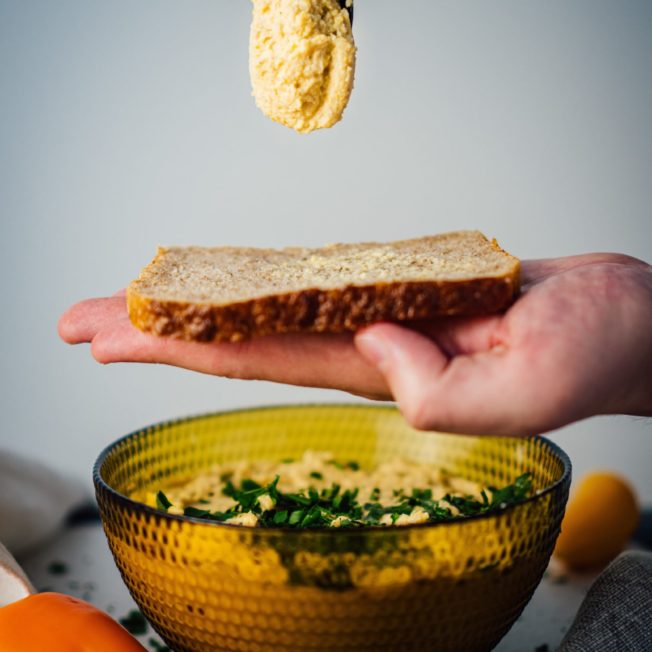When it comes to our bodies, we need a delicate balance of vitamins, minerals, and nutrients to keep everything functioning optimally. In approaching our health and our diets, there are numerous factors to consider, whether the 13 essential vitamins or the host of additional vitamins and minerals our bodies need to thrive. Among the minerals that help us in our day-to-day functions from the inside out is zinc.
While many of us may be most familiar with zinc from our days in chemistry class, this time around, we’re exploring the health benefits of zinc, the essential mineral that helps our body carry out tasks, including the immune system and metabolism function.
What is zinc?
Zinc is a mineral found in foods and dietary supplements, which aids in the various aspects of cellular metabolism, which is the chain of chemical reactions that occur within living organisms to maintain life. For example, the presence of zinc is necessary to carry out catalytic activity of hundreds of enzymes in our bodies.
It also plays a role in our sense of taste as well as in improving our immune function, healing wounds, and protein and DNA synthesis. Zinc is necessary to support healthy development during pregnancy, infancy, childhood, and adolescence.
What are the benefits of zinc?
The consumption of small amounts of zinc is essential for our survival due to its being an essential trace element. We need zinc in our diets for several core bodily functions, including boosting immunity as well as wound healing. Zinc is essential for the growth of functioning immune cells. Even the slightest deficiency in this mineral can slow down the activity of the components of our immune system that protect our body from bacteria and viruses.
Zinc is also necessary to generate new cells, including collagen and fiber-like tissues, which are needed to repair cells. This mineral supports immune cell activity, which is what fights against inflammation that occurs within a wound. Thus, the proper amount of zinc is necessary, especially for individuals who suffer from burns or ulcers.
What is a zinc deficiency?
It’s rare to experience a deficiency in zinc. However, for those who are deficient, it is more commonly seen in people unable to absorb zinc due to digestive disorders, including inflammatory bowel disease. This deficiency can also be exacerbated by prolonged diarrhea, burns, or sepsis. Individuals who have undergone gastrointestinal surgery or experience chronic liver or kidney disease are also at risk of a zinc deficiency.
There are also several groups of individuals who are at risk of a zinc deficiency, including pregnant people due to an increased need of zinc for the fetus and lactation, as well as vegetarians and vegans as zinc is found in its highest concentrations in meat and animal products, leaving fewer options for plant-based foods that contain high levels of the mineral.
Typical signs of a zinc deficiency include decreased immunity and mood, diarrhea, hair loss, loss of taste or smell, poor appetite, and the slowing of wound healing.
How can we get more zinc in our diet?
The recommended daily amount of zinc per day for women is around 8 mg, while for men, it’s around 11 mg. One of the foods with the highest amount of zinc is oysters, but there are several other food items that can help you achieve your daily dose. Shellfish, including crab and lobster, lamb shank, beef, and chicken breast, are among the other meats, poultry, and seafood that contain varying levels of zinc. You can also find zinc levels in nuts and seeds, including pumpkin seeds, almonds, cashews, cheese (ones derived from cow’s milk have a higher level of zinc), oats, and legumes, including chickpeas and baked beans.
It’s not common for individuals to require a zinc supplement unless deficient in this trace mineral. While there are symptoms associated with too little zinc, consuming too much of this mineral can cause issues, too. By ingesting too much zinc, it can cause health issues, including diarrhea, nausea, and vomiting. It can also interfere with other nutrients that our body requires, including copper and iron.

















